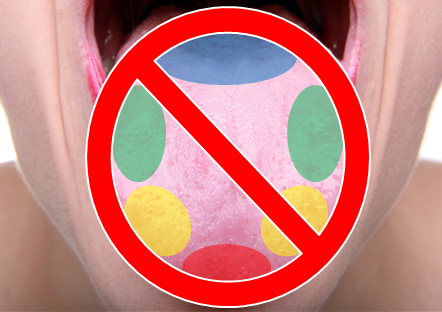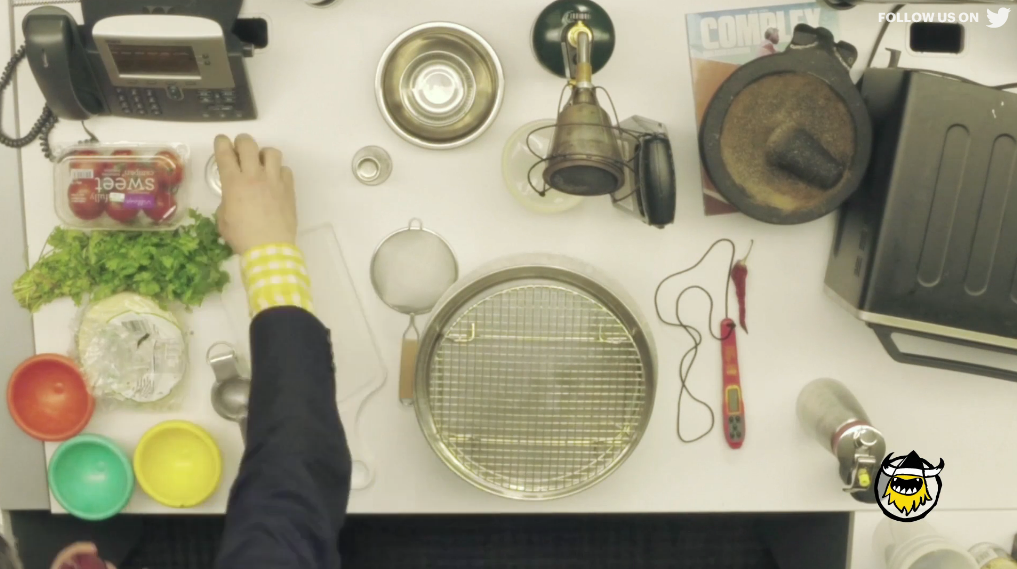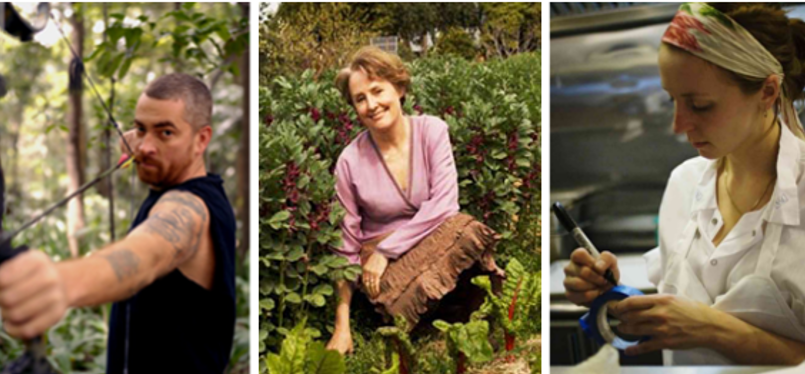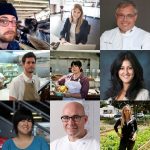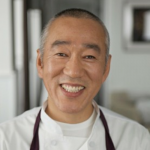Ole G. Mouritsen
Ole G. Mouritsen is a professor of molecular biophysics at the University of Southern Denmark. His research concentrates on basic science and its practical applications to biotechnology, biomedicine, gastrophysics, and gastronomy. He is an elected member of the Royal Danish Academy of Sciences and Letters, The Danish Academy of Technical Sciences, and the Danish Gastronomical Academy. His books include Life: As a Matter of Fat; Sushi: Food for the Eye, the Body, and the Soul; Seaweeds: Edible, Available, and Sustainable and Umami. Unlocking the Secrets of the Fifth Taste.
See Ole G. Mouritsen April 23, 2014 at “The Science of Sushi”
- What hooked you on science? On food?
- Science: Curiosity, in particular in the history of natural sciences (thermodynamics, statistical physics). Food: A combination of a continuously growing interest in cooking, a liking to eat good and challenging food (in particular Japanese food), a challenge to apply science principles to food and cooking, as well a deep interest in using food and taste as a vehicle for science communication.
- The coolest example of science in your food?
- Access to foodstuff from the ocean as a prime source for unsaturated essential fatty acids together with the invention of cooking for producing soft food as key driving forces for human evolution. Next to that, dairy products have a wonderful science content.
- The food you find most fascinating?
- Almost all traditional Japanese food, because of the combination of its cultural history, deliciousness, aesthetic looks, freshness, and bounty of good stuff from the ocean.
- What scientific concept–food related or otherwise–do you find most fascinating?
- Self-assembly and interface-active compounds.
- Are there any analogies you like to use to explain difficult or counter-intuitive food science concepts?
- I have found that a pacman analogy is a great way of making people understand the secrets of the synergy in the umami taste sensation. Not really counter-intuitive, but somewhat surprising and good to understand better what you already know.
- How does your scientific knowledge or training impact the way you cook? Do you conduct science experiments in the kitchen?
- I am an intuitive cook in my own kitchen and I have no patience for recipes, and hence never use cookbooks. Sometimes I ask science questions, but in most cases cooking to me is more like performing music (not that I know since I am not a musician). Also, the kitchen for me is a place for mental repair and relaxation, the foreplay being shopping at food markets.
- One kitchen tool you could not live without?
- My Japanese all-purpose kitchen knife.
- Five things most likely to be found in your fridge?
- Skyr (or yoghurt), a selection of tsukemono, marinated herring, miso, yuzu juice, and dried/smoked/aged sausages.
- Your all-time favorite ingredient?
- Avocado.
- Favorite cookbook?
- I have no favorite cookbook (don’t care much for cookbooks). My favorite food-related book is no doubt McGee’s On Food and Cooking.
- Your standard breakfast?
- At home, always skyr (or yoghurt), home-mixed basis muesli with no dried fruit but always with roasted buckwheat, topped with a sip of fresh orange juice and possibly some fresh blueberries, if in season. To drink, fresh orange juice with as much pulp I can get and black tea. When traveling, I am an omnivore and prefer to eat like the locals.


